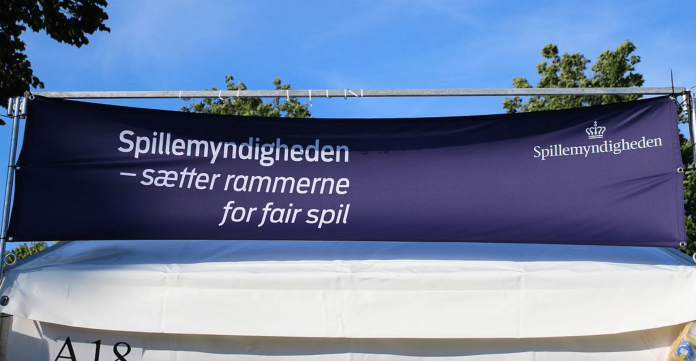Spillemyndigheden, has released the latest data from ROFUS, the country’s self-exclusion register, highlighting that the number of signees stands at 50,000 in April.
ROFUS was first established in 2012 as part of a wider political strategy to curb gambling harm in Denmark.
The scheme has since been quite successful in providing player support, going from the 1,500 registrants at the end of 2012 to the current 50,000 listed individuals.
This success has been significantly boosted by a number of regulations aimed at promoting ROFUS. At the start of 2020, licensed online gambling providers and land-based casinos became obliged to refer to the scheme across all of their gambling products. This practice also became a requirement for land-based betting in 2023.
When signing up for ROFUS, players are presented with multiple choices on the duration of the self-exclusion period. This varies between 24 hours, one, three or six months. Of these, the most preferred option seems to be six months, with 17% of players going for that compared to the 12% who choose three months. A total of 7% have self-excluded for one month.
An additional option exists where players can self-exclude permanently. Interestingly, Spillemyndigheden says that this is the predominant choice for Danish players, with 64% – or 32,000 from the total 50,000 signees – opting in for that instead.
Gambling Helpline
Another measure to reduce gambling harm in Denmark is the StopSpillet helpline introduced in 2019, since which Spillemyndigheden says has received a total 2,933 inquiries about problematic gambling behaviour – these span from players, to friends, to family members.
Divided by numbers, actual players who have contacted StopSpillet amount for 1,650 (56%) of the total inquiries, while relatives of those experiencing gambling harm have sought help a total of 1,150 times (40%).
For players, whether or not they have a problematic relationship with gambling is evaluated by a test that generates a score between 0 and 9, with those over 4 most likely being endangered.
According to Spillemyndigheden, the average score for players who have contacted StopSpillet is 5.94, signifying that those seeking help generally have a good understanding of their own behaviour.



























